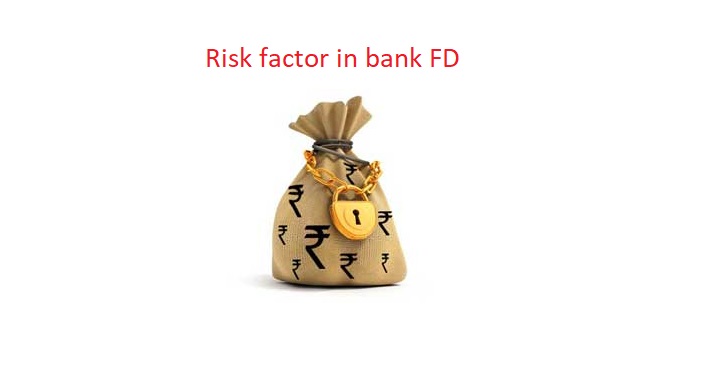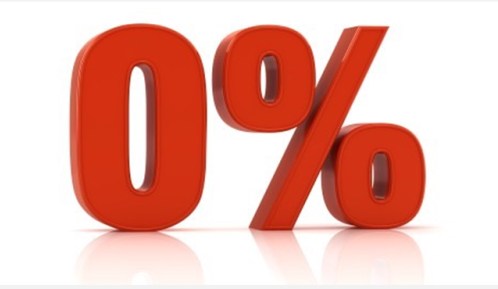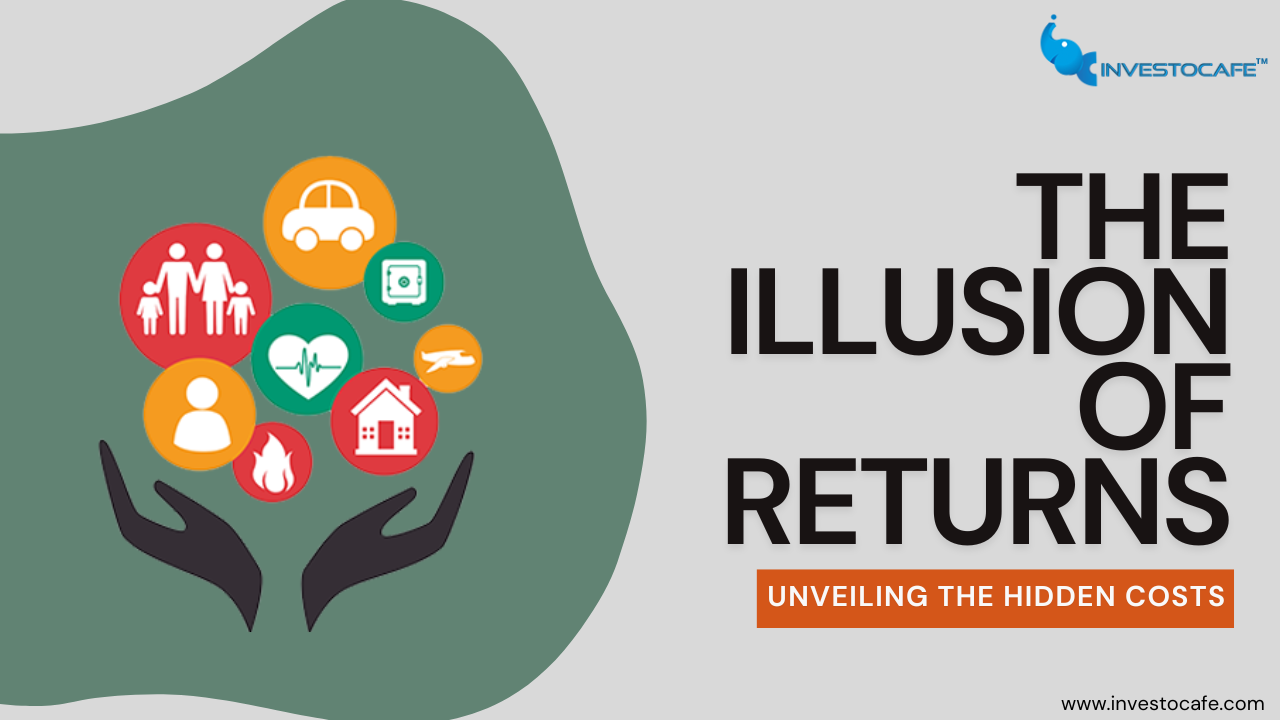
Risk factor in bank FD
 Anvesh Pandey -
Oct 03, 2018
Anvesh Pandey -
Oct 03, 2018
The idea to write about this piece is not to threaten investors or raise the question on the credibility of banks but to keep investors aware on various risk factors associated.
Yes you read it correct bank FD’s are also risky investments. Majority of Indians consider bank fixed deposits or recurring deposits / post office deposits etc extremely safe but a recent event in Cyprus (an euro zone country) bust this myth of safety of bank deposits. The Cyprus government has decided to use the depositors’ money in bank account to pay off its debts. Deposits greater than €100,000 were frozen by the government but deposits of up to €100,000 remain protected. This is because deposits in banks up to €100,000 is insured while above €100,000 are uninsured.
Facts you should know:
1) DEFAULT RISK , In case of bank closure, license cancellation or liquidation etc, you can lose the entire amount deposited except your deposits and interests only up to 1 lakh with a bank( irrespective of more than 1 lakh deposited with the bank), since it is insured by Deposit Insurance and Credit Guarantee Corporation (DICGC) which is wholly owned subsidiary of the Reserve Bank of India (RBI).
Also there has been no discrimination between private or government banks while settling such issue by DICGC( law enforce since 15th July 1978).
2) INTEREST RATE RISK, The average inflation rate of last ten years (2007 to 2016) is 8.44% and Bank deposit Interest Rate in India averaged 6.70 percent from 2000 until 2016, reaching an all time high of 14.50 percent in August of 2000 and a record low of 4.25 percent in April of 2009. Hence bank deposit suffers inflation risk also.
3) Taxation on FD’s adds more fuel to fire, since Tax deducted at source or TDS is deducted with every payment that the bank make towards an account that is earning over Rs.10,000 as interest. TDS is deducted even if the amount has not yet been paid to the account holder physically. Accrued interest is tax deductible The invested amount of tax saving Fixed deposit in tax saver FD’s is eligible for the tax deduction under section 80C. However the interest earned from the tax saving FD is taxable. The interest would be added in your taxable income for the calculation of tax.
What should you do?
You should be careful about choosing your investments. No investment in this world is risk free. There is some or the other kind of risk involved in each and every investment. Therefore one should always opt for inflation beating return asset class with calculated risk. It requires regular investment discipline and patience to reach your financial goal and fulfil your finance associated dreams into reality.
Visit www.investocafe.com to know about mutual fund investment options and stay on path of financial freedom
Happy Investing!!!
Written by: Anvesh Pandey, SEBI Registered Investment Advisor
To get in touch please visit us at investocafe.com













